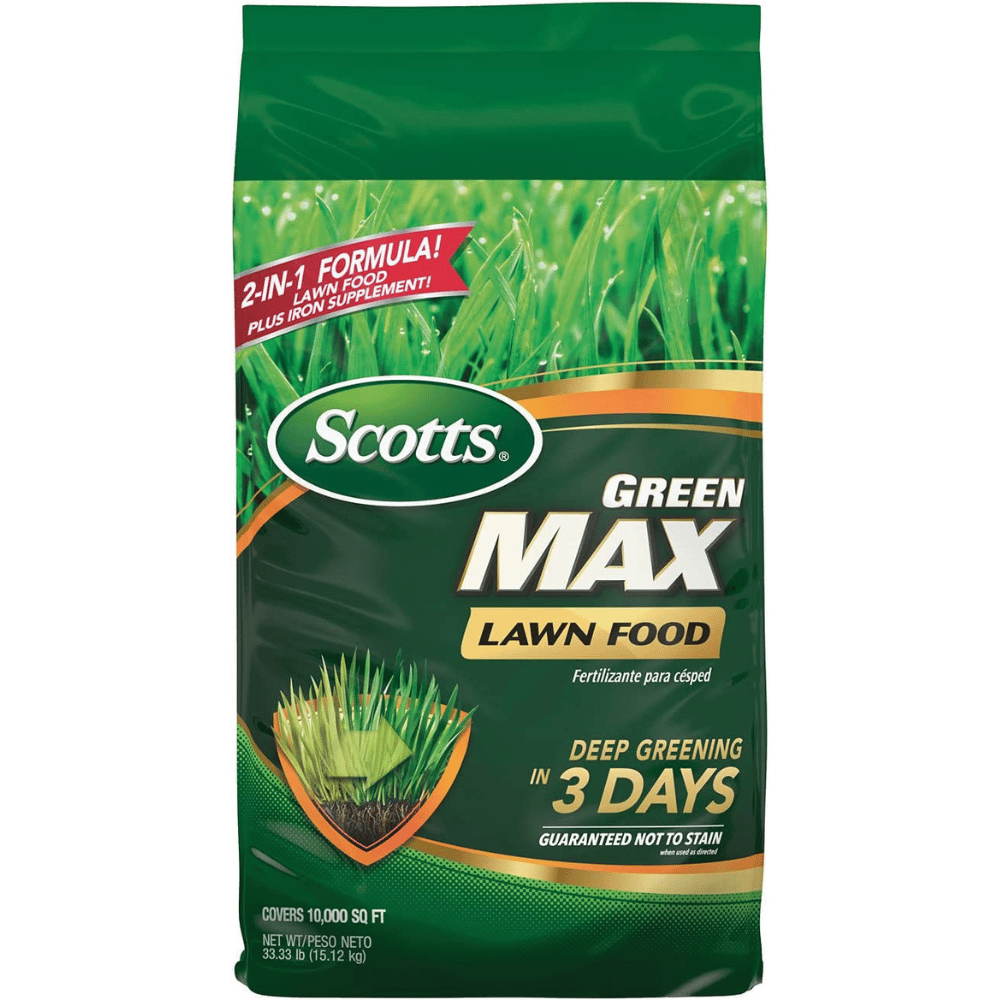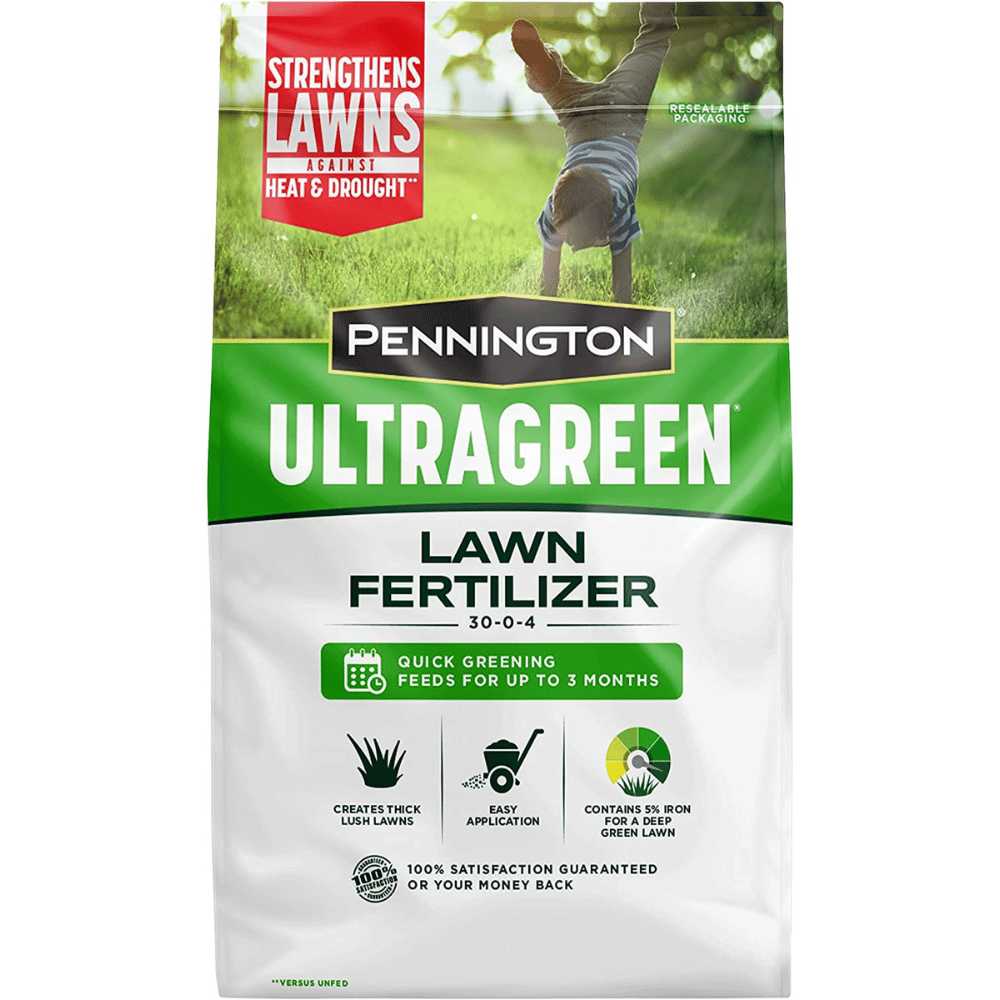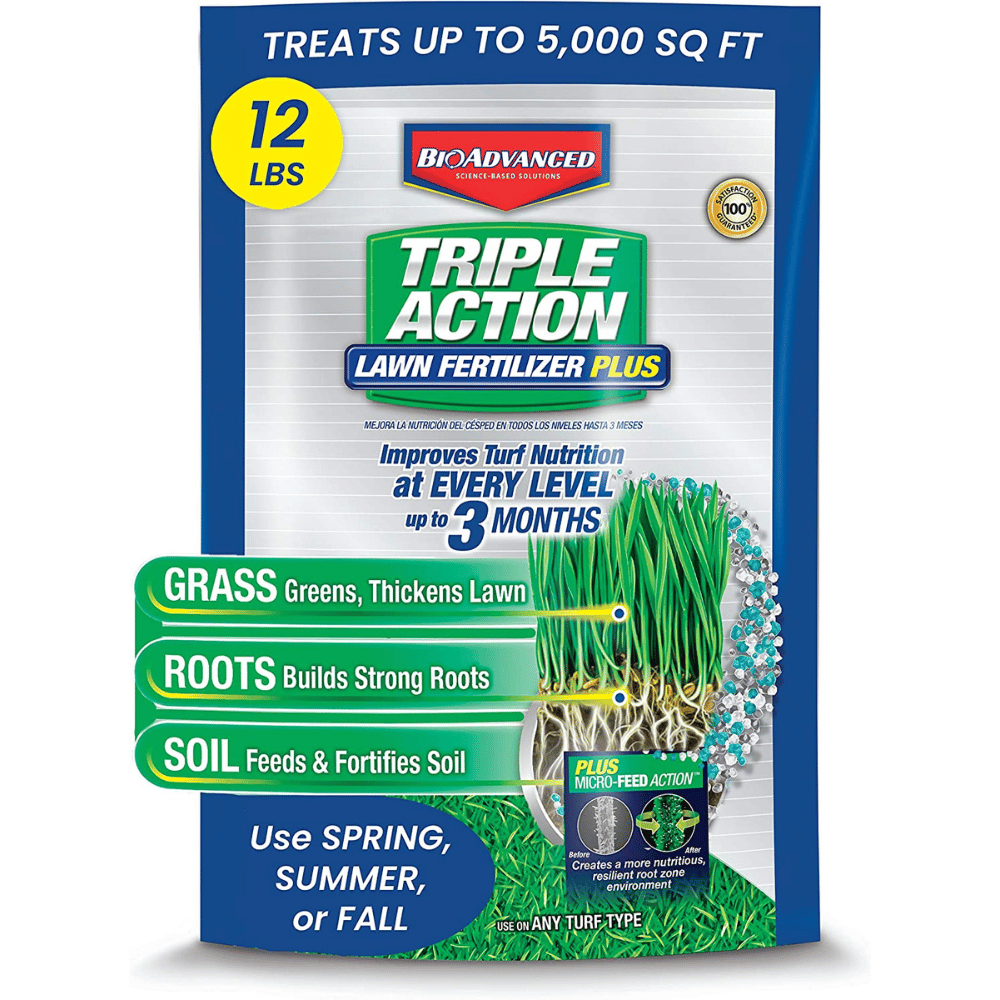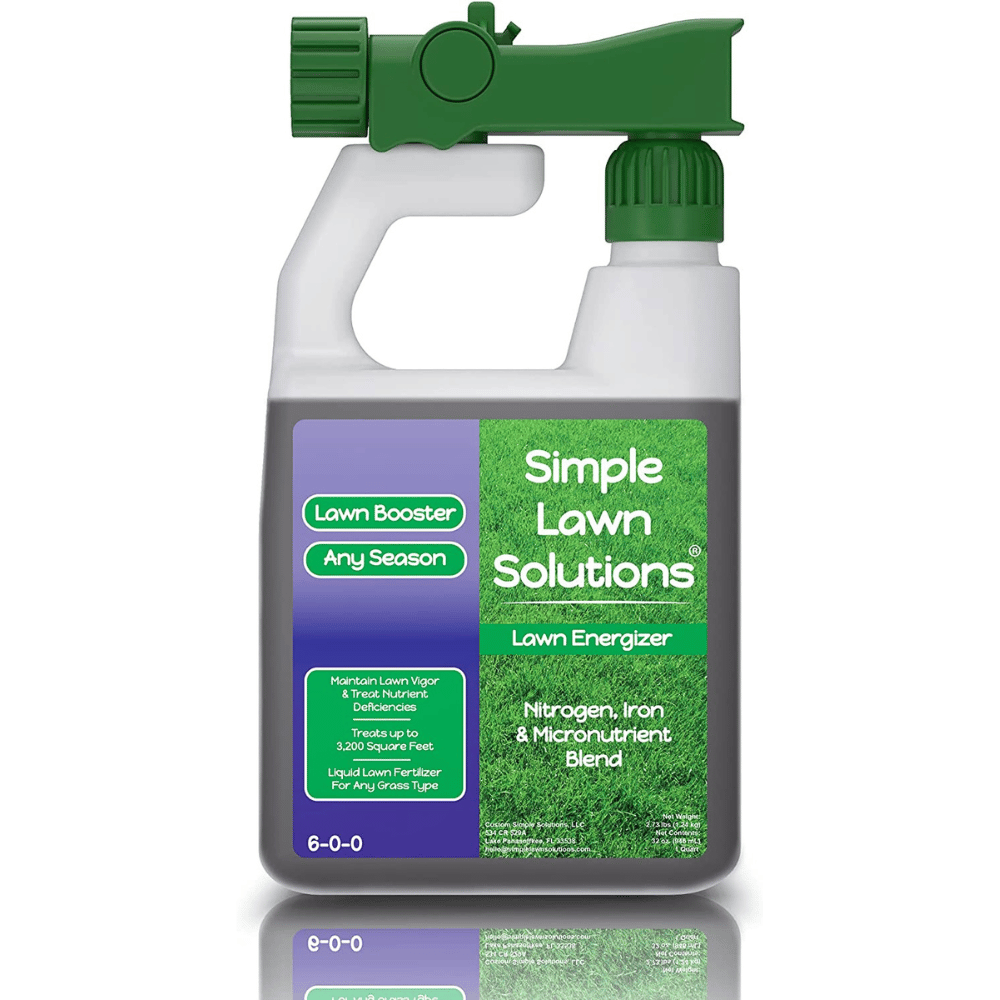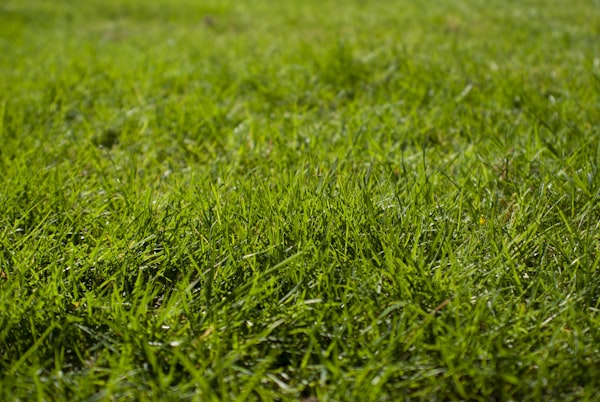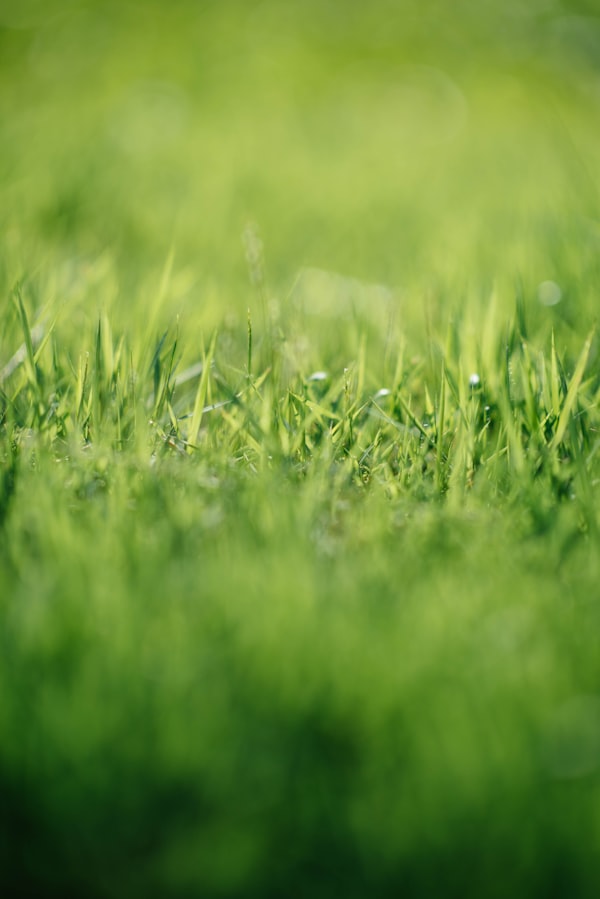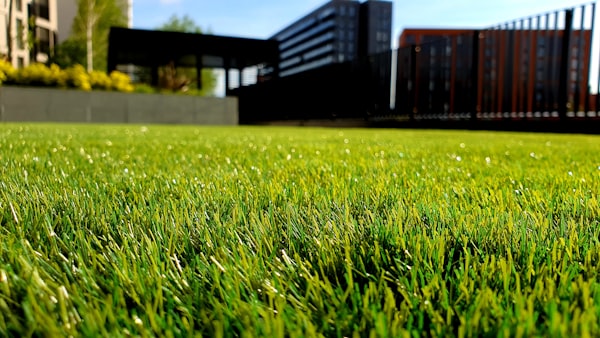When it comes to St. Augustine grass care, choosing the right fertilizer is crucial. A high-quality grass fertilizer will provide your lawn with the necessary nutrients to support strong roots and lush growth. This will result in a beautiful, dark green lawn that is the envy of the neighborhood. The right fertilizer will not only encourage your St. Augustine grass to grow, but it will also make it more resilient to pests and diseases.
In this article, we will dive deep into the best fertilizer options for St. Augustine grass, helping you make an informed decision on what to choose for your own lawn. Whether you prefer nitrogen-phosphorus-potassium fertilizers, slow-release fertilizers, or organic lawn fertilizers, we will provide all the information you need to give your grass the care it deserves. So, sit back, relax, and get ready to learn all about the best fertilizer for St. Augustine grass and how to give your lawn the care it deserves!
Understanding St. Augustine Grass
Before we dive into the best fertilizers for St. Augustine grass, it's important to understand what makes this type of grass unique. St. Augustine grass is a type of turf grass that is commonly used for lawns, parks, and golf courses in warm coastal areas such as the southern United States, Mexico, the Caribbean, and parts of Central and South America. It is a warm-season grass, meaning it grows best in warm temperatures and goes dormant during cooler weather. St. Augustine grass has a dense, lush appearance, with broad, flat blades and a medium to dark blue-green color. It is known for its ability to tolerate high levels of salt, making it well-suited for coastal areas, and is also relatively shade-tolerant, although it does require a moderate amount of sunlight for optimal growth.
Different Types of Fertilizer
St. Augustine grass, like any other type of lawn, requires proper nutrition to thrive. Fertilizing is a key aspect of lawn care that provides the necessary nutrients to keep your grass healthy and green. There are several different kinds of fertilizers that are suitable for St. Augustine grass, including granular, liquid, and slow-release. Granular fertilizers are the most common type, and they are easy to spread using a spreader. Liquid fertilizers are applied using a sprayer and are a good option for those who want quick results, while slow-release fertilizers release nutrients gradually over a longer period of time, reducing the risk of over-fertilizing and promoting deep root growth. When choosing a fertilizer, it is important to consider the specific needs of your lawn and select a product that is formulated for St. Augustine grass, as well as the time of year and weather conditions in your area.
Nitrogen-Phosphorus-Potassium Fertilizers
Nitrogen-Phosphorus-Potassium (NPK) fertilizers are the most common kind of fertilizers used for lawns, including St. Augustine grass. NPK fertilizers are formulated with the three essential macronutrients that plants need in large quantities for healthy growth, including nitrogen for leaf growth, phosphorus for root growth, and potassium for overall plant health and stress tolerance. NPK fertilizers are available in various forms including granular, liquid, and slow-release, and they can be applied with a spreader or sprayer. When choosing an NPK fertilizer, it is important to consider the specific needs of your lawn and select a product that is formulated for St. Augustine grass, as well as the time of year and weather conditions in your area. Additionally, it is important to follow the manufacturer's instructions for application, including the right amount and frequency, to avoid over-fertilizing and damaging your lawn.
Slow-Release Fertilizers
Slow-release fertilizers are a type of fertilizer that releases nutrients slowly over time, providing a continuous supply of essential nutrients to your lawn. This fertilizer is ideal for St. Augustine grass, as it helps to reduce the risk of over-fertilizing, which can be harmful to your lawn. Slow-release fertilizers come in both granular and liquid forms and are formulated with a blend of essential nutrients, including nitrogen, phosphorus, and potassium. They are designed to release the nutrients gradually, as the lawn needs them, providing a consistent supply of nutrients for a longer period of time. This fertilizer is often applied in the spring and fall, to provide the lawn with the necessary nutrients to thrive throughout the growing season. When choosing a slow-release fertilizer, it is important to select a product that is formulated specifically for St. Augustine grass and to follow the manufacturer's instructions for application, including the right amount and frequency, to ensure the best results.
Iron Supplements
St. Augustine grass also benefits from regular doses of iron supplements. Iron is essential for healthy plant growth, and helps keep the blades of your grass green and lush. Look for fertilizers that contain iron, or consider using a separate iron supplement to ensure your St. Augustine grass is getting enough of this important nutrient.
Micro-Nutrient Supplements
In addition to nitrogen, phosphorus, potassium, and iron, St. Augustine grass also benefits from a range of other micro-nutrients. These micro-nutrients include magnesium, sulfur, and calcium, among others. Consider using a fertilizer that contains a blend of micro-nutrients to ensure your St. Augustine grass is getting all the nutrients it needs to thrive.
Organic Lawn Fertilizers
Organic lawn fertilizers are made from natural materials such as bone meal, blood meal, compost, and other organic matter. Unlike synthetic fertilizers, which release their nutrients quickly and can potentially harm the environment, organic fertilizers release their nutrients gradually and are gentler on the environment. Organic fertilizers also help improve soil health, as they contain microorganisms that help promote the growth of healthy grass. Additionally, they can help to prevent the growth of weeds and pests, making them a popular choice among homeowners who prefer to use environmentally friendly products in their lawns. However, it is important to note that organic fertilizers may not provide the same level of nutrients as synthetic fertilizers, so it may take longer to see results. Additionally, organic fertilizers are typically more expensive than synthetic fertilizers.
When is the best time to fertilize St. Augustine Lawn?
The best time to fertilize your St. Augustine lawn depends on the climate in your area and the fertilizer you are using. In general, St. Augustine grass should be fertilized in the spring, as this is when the grass is actively growing and is in need of nutrients. If you live in a warmer climate, you may also want to fertilize your lawn in the fall, as this will help to promote root growth and prepare your lawn for winter.
When choosing a fertilizer, it's important to select one that is formulated specifically for St. Augustine grass and to follow the manufacturer's instructions for application, including the right amount and frequency, to ensure the best results. In addition, it's important to keep in mind the climate in your area and the current conditions of your lawn when deciding on when to fertilize. For example, if you live in a region with hot, dry summers, you may want to avoid fertilizing your lawn during the hottest months, as this can stress the grass and lead to potential damage. On the other hand, if you live in an area with high rainfall, you may be able to fertilize your lawn more frequently, as the rain will help to wash the fertilizer into the soil and provide the grass with the nutrients it needs.
How We Chose the Best Fertilizer for St. Augustine Grass
Our goal is to provide you with comprehensive and trustworthy information to help you make informed purchasing decisions. In selecting the best lawn fertilizers, we take into consideration a variety of factors. Firstly, we carefully review customer feedback and ratings from those who have already used the product. This allows us to get a sense of how well the product has performed for others, and whether there are any common issues or concerns. We also take into account the brand reputation and product formulation, as well as its availability and affordability. By considering all of these factors, we are able to curate a list of the best lawn fertilizers that have received positive feedback and will likely meet the needs of most lawns. Ultimately, our aim is to provide you with the best information so you can use to make confident, well-informed decisions.
Scotts Green Max Lawn Food
Why We Love It
Scotts Green Max Lawn Food is a popular choice among gardeners and lawn care enthusiasts due to its excellent results. This fertilizer provides a complete blend of essential nutrients that promote healthy growth, deep green color, and strong root development in St. Augustine grass. It contains iron, which helps grass to maintain its green color even in extreme heat, and slow-release nitrogen, which provides long-lasting nourishment to the grass. With its powerful formula, Scotts Green Max Lawn Food provides noticeable results within just a few days of application. Moreover, it's easy to use, simply spread the granules evenly across the lawn and water thoroughly, and you're done!
Pennington UltraGreen
Why We Love It
Pennington UltraGreen is a top choice for those who want to keep their lawns looking healthy and lush. This fertilizer is specifically formulated to provide the essential nutrients that your grass needs to grow strong and green. With its slow-release nitrogen formula, UltraGreen helps protect the grass by provides long-lasting nourishment, which means you don't have to reapply it as often as other fertilizers. In addition, the fertilizer is easy to use and can be spread evenly across the lawn with a broadcast spreader. With its quick-release formula, you'll start to see results within just a few days of application.
BioAdvanced Triple Action Lawn Fertilizer
Why We Love It
BioAdvanced is an innovative lawn fertilizer that provides a three-way solution for your lawn. It contains a slow-release nitrogen formula that feeds your lawn gradually over 8 weeks, providing continuous nutrition and eliminating the need to continually reapply. Additionally, it contains iron to help strengthen roots and promote lush green grass growth, as well as patented BioAdvance Technology which helps to protect your lawn from pests and diseases. With 24 lbs of granules in each bag, you can easily cover up to 5,000 square feet with just one application. This fertilizer is easy to use and is ideal for any type of grass or soil type, making it the perfect choice for a healthy and beautiful lawn.
The Andersons Professional
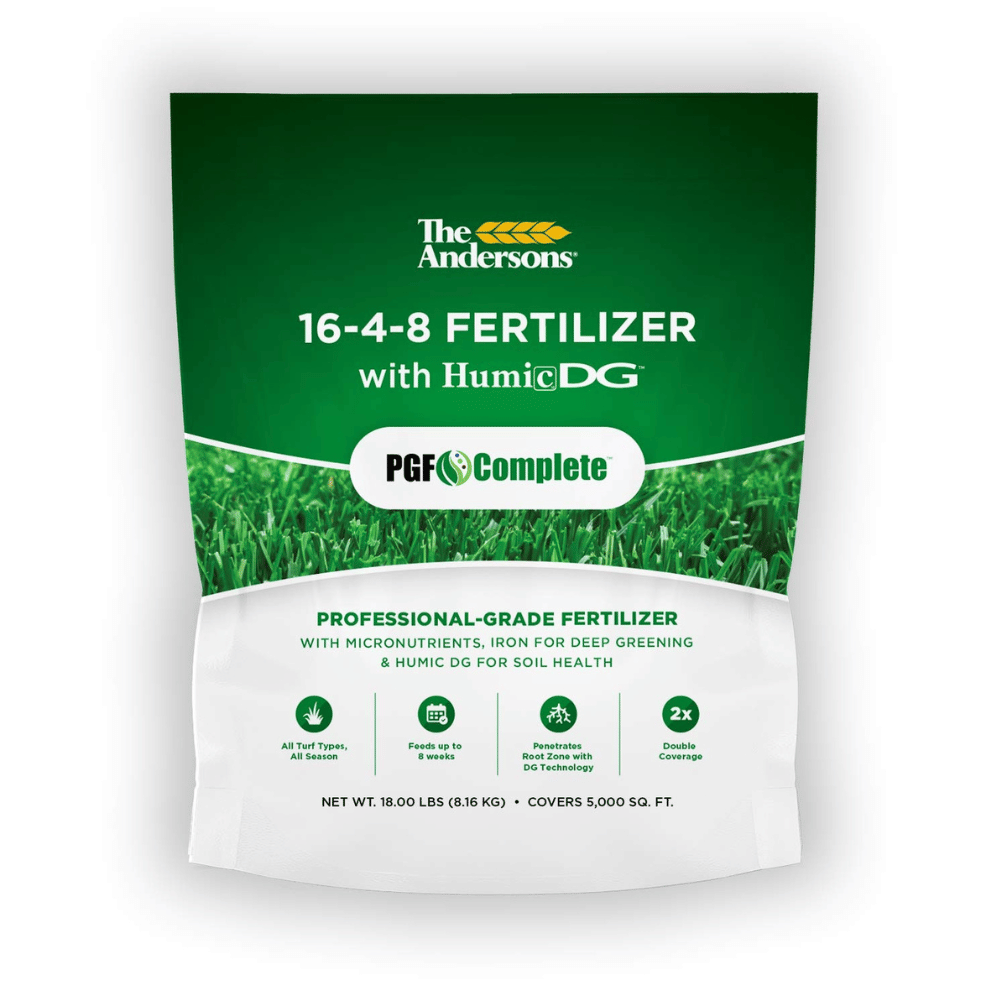
The Andersons Professional PGF Complete 16-4-8 Fertilizer with 7% Humic DG 5,000 sq ft
Why We Love It
The Andersons is a versatile and effective fertilizer that provides the perfect balance of nutrients for St. Augustine grass. Its balanced formula includes nitrogen, phosphorus, and potassium, which are essential for promoting healthy growth, and the 7% humic DG helps to improve soil structure, increase water retention, and enhance nutrient uptake by the grass. The Andersons fertilizer is easy to apply using a broadcast spreader, and its slow-release formula ensures that your lawn will receive a steady supply of nutrients for up to 12 weeks. Whether you're looking to maintain a lush, green lawn or to get it back in shape, this fertilizer is a great choice.
Simple Lawn Solutions - Commercial Grade Lawn Energizer- Grass Micronutrient Booster with Iron & Nitrogen- Liquid Turf Spray Concentrated Fertilizer- Any Grass Type, All Year- Simple Lawn Solutions- 32 Ounce
Why We Love It
Simple Lawn Solutions is a top-of-the-line liquid lawn fertilizers that provides a quick and easy way to give your grass the nutrients it needs to thrive. This concentrated formula contains both iron and nitrogen, which are essential for promoting healthy growth, and the micronutrient booster helps to improve soil structure, increase water retention, and enhance nutrient uptake by the grass. The liquid formula is easy to apply using a spray bottle, and its fast-acting formula ensures that your lawn will receive a quick boost of nutrients when it needs it most. Whether you're looking to maintain a lush, green lawn or to revive a struggling lawn, Simple Lawn Solutions is a great choice.
Frequently Asked Questions
St. Augustine grass is a popular choice for lawns in warm climates and is known for its thick, green blades. To keep your grass looking its best, it's important to choose the right fertilizer. In this FAQ, we'll cover some of the most common questions people have about fertilizing grass to help you make an informed decision.
What type of fertilizer is best for St. Augustine grass?
The best fertilizer is a slow-release nitrogen fertilizer that's specifically formulated for warm-season grasses. Look for a fertilizer with an NPK ratio that is balanced, such as a 16-4-8 or 18-4-8, to provide your grass with the nutrients it needs to grow strong and healthy.
How often should I apply fertilizer to St. Augustine grass?
Applying fertilizer to your St. Augustine grass is an important aspect of lawn care, but the frequency at which it should be done depends on a few factors. These factors include soil type, weather conditions, and the overall health of the grass. In general, St. Augustine grass should be fertilized at least once a month during the growing season, which is typically from spring to fall. However, it’s important to keep an eye on the grass and adjust the frequency of fertilizer application if needed.
If you have a soil test done, the results can give you more specific recommendations for the type and frequency of fertilizer that would work best for your lawn. Some soil tests may indicate that the grass requires more frequent applications, while others may suggest less frequent application.
Should I do a soil test?
Soil testing is an important step in ensuring that your St. Augustine grass is getting the right nutrients it needs to thrive. A soil test will determine the pH level and nutrient content of your soil, which can then inform which fertilizers and amendments are needed to improve the soil conditions for optimal growth of St. Augustine grass. By understanding the needs of your soil, you can choose the best fertilizer for your lawn and avoid over-fertilizing or under-fertilizing, which can harm your grass. Additionally, soil testing can help you avoid the waste of time, money, and resources by not applying unnecessary fertilizers and treatments. Therefore, if you want to achieve a healthy and beautiful St. Augustine grass lawn, it is recommended to do a soil test before applying any fertilizers.
Can I use a generic fertilizer on St. Augustine grass?
While generic fertilizers can be used on St. Augustine grass, it is important to consider the specific needs of this type of grass when choosing a fertilizer. St. Augustine grass has specific nutritional requirements, including a balanced ratio of nitrogen, phosphorus, and potassium, to promote healthy growth and maintain a dark green color. Using a generic fertilizer may not provide the right balance of nutrients, which could result in poor growth and an unhealthy lawn.
It is best to choose a fertilizer specifically formulated for St. Augustine grass to ensure that your lawn is getting the proper nutrition it needs. Some of the best fertilizers for St. Augustine grass are those that are slow-release, providing a steady supply of nutrients over a longer period of time, rather than a quick burst of nutrients that can quickly leach out of the soil. Additionally, organic fertilizers can be a good choice for those looking for a more environmentally friendly option.
How much fertilizer should I use for my St. Augustine grass?
The amount of fertilizer you need for your St. Augustine grass depends on the size of your lawn and the fertilizer you're using. It's important to follow the instructions on the fertilizer label to avoid over-fertilizing, which can harm your grass.
Can I use a weed and feed product on my St. Augustine grass?
Yes, you can use a weed and feed product on your St. Augustine grass. However, it's important to choose a product that's specifically formulated for warm-season grasses, such as St. Augustine.
Can I use a fertilizer with weed control on my St. Augustine grass?
Yes, you can use a fertilizer with weed control on your St. Augustine grass. Just make sure to choose a product that's specifically formulated for warm-season grasses, such as St. Augustine, and follow the instructions on the label carefully.
What are the signs of over-fertilization in St. Augustine grass?
The signs of over-fertilization in St. Augustine grass include yellow or brown patches, thinning grass, and an increased susceptibility to disease and pests. If you suspect you've over-fertilized your grass, reduce the frequency of fertilization and water your lawn more frequently to help flush excess nutrients from the soil.
Conclusion
In conclusion, maintaining a lush and dark green St. Augustine grass lawn requires proper care and the right type of fertilizer. With so many options available, it can be difficult to know where to start, but by understanding the different types of fertilizers, their ingredients, and when to apply them, you can take the first step in providing the best care for your lawn.
Nitrogen-Phosphorus-Potassium (NPK) fertilizers provide a quick boost of nutrients for your lawn, but it's important to keep in mind that these types of fertilizers also have a high potential for runoff and environmental pollution if not used correctly. Slow-release fertilizers, on the other hand, provide a more gradual release of nutrients, reducing the risk of runoff and providing longer-lasting benefits for your lawn.
Organic fertilizers are a great option for those looking for a more sustainable and environmentally-friendly solution. By using natural materials like compost, bone meal, and blood meal, you can provide the essential nutrients your St. Augustine grass needs without the risk of chemical runoff.
The best time to fertilize your St. Augustine grass lawn is during the growing season, typically in spring and fall. However, it's important to keep in mind that over-fertilizing can actually be harmful to your lawn, so it's best to stick to a schedule and use the appropriate amount of fertilizer for your specific lawn needs.
In short, providing the best care for your St. Augustine grass lawn requires a combination of proper mowing, watering, and fertilization. By taking the time to research and choose the right fertilizer for your lawn, you can ensure that your grass is growing healthy and strong, providing you with a lush and beautiful dark green lawn for years to come.


